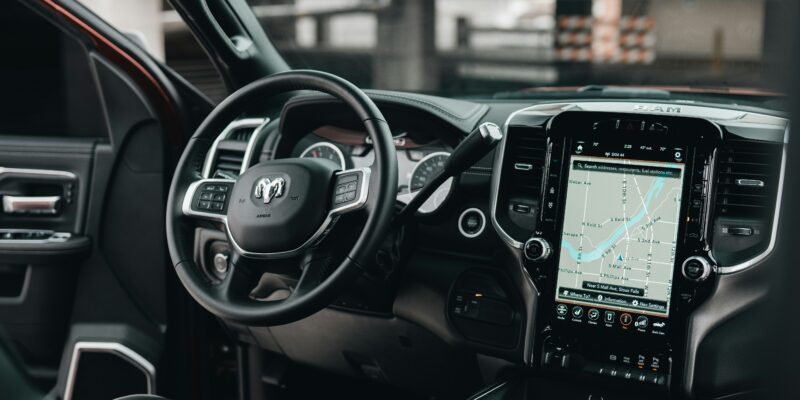Shocked Drivers Find Out: Your ‘Smart’ Car Might Be Tattling to Insurance Companies!
Many convenient new features that cars offer today can make a driver’s life much easier! Features such as wi-fi connectivity and navigation make getting to your destination less of a hassle. However, these “well-connected” models can lead to your “smart” car might be tattling to insurance companies!
Your ‘Smart’ Car Might Be Tattling to Insurance Companies!
A New York Times article published last week detailed the tracking of driver data and how it is linked to your insurance rates. The story reveals that automakers such as GM and the methods they use to share driving behavior. Looming data-collection companies such as LexisNexis have a direct info-sharing pathway to insurance companies.
Voltage Variances: The Surprising Tale of a Chevy Bolt Owner’s Experience
Another article told the story of a Chevy Bolt owner who discovered his driving habits were leaked to his insurer in 2022. After receiving notice that his rates would rise by 20%, he claimed he did not know he was being tracked. As futuristic elements intersect with the present auto market, drivers are not always aware that their data is not private.
These concerns are much like what smartphone users had worried about just over a decade ago. The fine print can provide many details that allow for sharing far beyond everyday expectations. Even though consumers always need to embrace a state of awareness, this poses many concerns.
On the Radar: CA’s Privacy Regulator Scrutinizes Compliance
California’s privacy regulator has begun investigating this data-sharing process more closely. OnStar was one of the pioneers of detailed driver monitoring. In 2022, LexisNexis offered an official release stating they had hosted nearly 10 million vehicles’ worth of data.
When a driver first finds themselves enrolled in a connected car service, it’s best to closely scrutinize the privacy terms. They can also legally ask for a consumer disclosure report through LexisNexis, which the Fair Credit Act dictates they abide by. Readers on the Car and Driver forum were claiming that this needs to be legislated on the federal level.
Usage-Based Insurance’s Tendencies for Friendly Fire:
Many auto policyholders have now endured the intense surprise of learning their drive data was aggressively shared. Voluntary usage-based programs will reward drivers with discounted rates if they are willing to have their smart device collect information. As insurance companies learned that drivers were hesitant to participate, they made a push for the data regardless.
The Chevy Bolt driver who had been interviewed by the New York Times was stunned to find a 258-page report. Its contents were detailed accounts of his driving that were sent to 8 different insurance companies. Since some of the agreement details are posted so far down in the fine print, many drivers don’t realize they are being closely tracked.
Behind the Bench: Law Experts’ Perspectives on The Matter
A prominent law professor at Cornell University was asked about the overall nature and transparency of these events. The gray area begins where the consumer may not have a reasonable expectation of said disclosure. Other professionals feel that as long as policyholders know they are being monitored, this transferring of data is fair game.
Once any driver is aware that their actions have consequences, one argument is that it keeps the roads safer. If under a watchful eye, some are prone to much less reckless behavior. The “stealth enrollment” behind these practices is a major concern, as drivers should know their rates could be impacted. Some have even called upon the investigatory powers of the FTC to address the risks to driving Americans’ privacy.
Shadows and Sunlight: The Tension Between Observation and Autonomy
Many drivers simply don’t enjoy the sensation of being watched! Since some companies are getting a form of “carpet ride”, they are gaining access to heaps of data. Hard braking and sharp accelerations are a few of the incidents that insurance companies are keeping their eyes open for.
It’s not just GM that is getting in on the action: Kia, Honda, and Hyundai were all found to be rounding up information on drivers. Some drivers were quite alarmed when they found that even without activating OnStar, they still saw their rates go up substantially from having a smart car. Imagine being a Corvette owner and having your extra-rowdy track run being picked apart!
Miles to Go: Final Considerations on Auto Privacy in Today’s World
What do you think of this story that involves what some perceive as an invasion of privacy? It also seems like just yesterday that we were worried about boosted Facebook posts gleaning their data from “private” conversations. Let us know what you think in the comments below, or check out another article about the future of connected cars!















